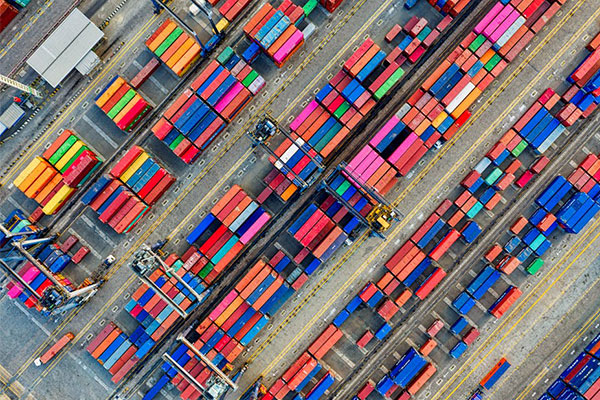
Enter輸出代理店How can I help clients receive foreign exchange? What is the basic process?
Professional agencies safeguard the security of foreign-exchange collection through the following standardized procedures:
- Filing of Trade Contracts: The agent completes the filing of the authorization agreement in the Customs Single Window (an electronic signature requirement newly added in 2025).
- Remittance Path Configuration: Open the corresponding foreign exchange account based on the trade method (general trade / processing trade /越境ECSplit-account management
- Fund monitoring: Real-time tracking of foreign-exchange arrivals using blockchain technology (a new system launched by a leading agency in 2024)
- Declare for write-off: Complete the income and expenditure declaration via the State Administration of Foreign Exchange digital platform (paper-based verification forms will be abolished starting in 2025).
What are the core differences between collection on behalf of others and self-operated collection?
Comparing across three dimensions: capital security, compliance cost, and operational efficiency:
- Foreign exchange risk assumption
- Agency Model: The agency company bears the risks of exchange-rate fluctuations and foreign-exchange controls
- Self-operated model: Companies must establish their own foreign exchange risk management systems
- Compliance cost differential
- Agency Model: Document review and policy update costs included in the service fee
- Self-operated model: Requires dedicated customs/foreign exchange management personnel (annual cost approximately 150,000–200,000 RMB)
How are the collection cycle and fees calculated for different settlement methods?
Taking the 2025 market conditions in the Yangtze River Delta region as an example:
- T/T Telegraphic Transfer
- Standard Rate: 0.15% (minimum charge: 300 CNY per transaction)
- Settlement cycle: 3–5 business days for Europe and the United States (including AML review time)
- L/C Letter of Credit
- Issuance fee: 0.25% + cable charge (SWIFT MT700 standard)
- Document examination fee: RMB 800–1,500 per set (latest revision of UCP600 standards)
What potential risks exist in agency-based foreign-exchange collection, and how can they be prevented?
Based on the 2023 big-data analysis of foreign-trade disputes, the following areas require heightened attention:
- Foreign exchange withholding risk: Choose an agency that holds a Payment Business License
- Discrepancies in the documents: Require the agent to provide a professional document-preparation team (it is recommended to verify ISBP745 certification credentials).
- Policy change risk: Confirm whether the agent has taken out Sinosure's agency liability insurance.
What impact will the 2025 foreign-exchange administration reform have on entrusted collection of foreign exchange?
Key Changes in the PBOC’s Announcement No. 1 of 2025:
- Cross-border e-commerce foreign exchange collection: Single transactions exceeding USD 50,000 require submission of logistics information for verification (previous threshold was USD 30,000)
- 中継貿易: Cross-border RMB settlement must be completed through the CIPS system
- Foreign exchange verification and cancellation: Addition of carbon emission-related supporting documents (applicable to exports of high-energy-consuming products)
How can you tell whether an agency’s foreign-exchange collection service is professional and reliable?
「三查三看」による検証を推奨します:
- Check qualifications:SAFE Filing + Customs AEO Certification + Cross-border Payment License
- Check the case: Provide foreign-exchange receipts from the same industry (note: bank statements must be desensitized).
- Review the contract: Focus on confirming the exchange-rate lock clause and the force majeure handling mechanism


 カスタマーサービスWeChatをフォローしてください
カスタマーサービスWeChatをフォローしてください